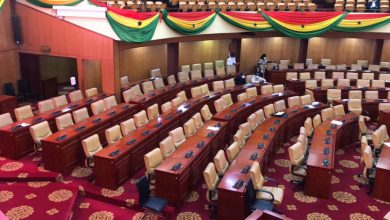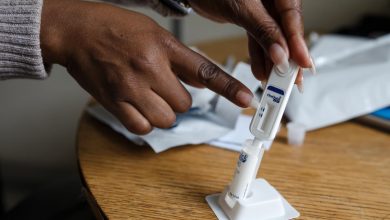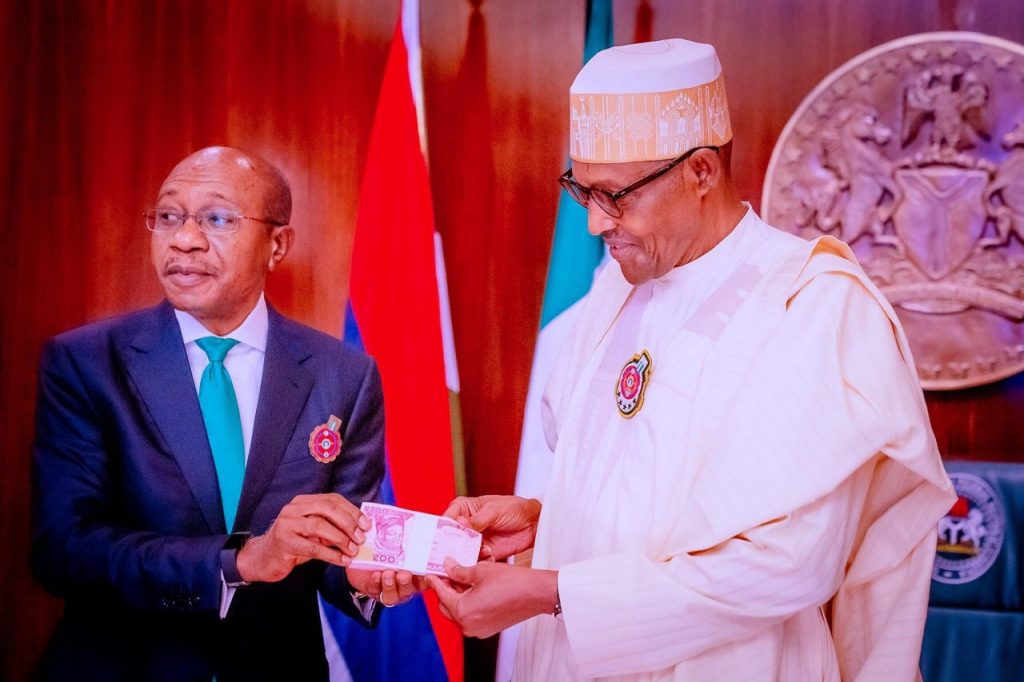
The International Monetary Fund (IMF) warned of potential delays to trade and payments, but Nigeria’s Supreme Court barred the government from enforcing a Friday deadline for citizens to exchange their old banknotes for new ones.
As part of a central bank drive to reduce the amount of cash in circulation and manage double-digit inflation, Nigerians were required to exchange their old 1,000, 500, and 200 naira banknotes (valued $2.17, $1.09, and $0.43, respectively) for new ones by Friday February 10.
People claim there are not yet enough new notes available, which will generate chaos at banks and severe cash shortages, sparking debate over the idea.
Because campaigns are typically supported by cash that is difficult to track, some politicians have criticized the deadline that was set before the February 25 elections for a new president and lawmakers.
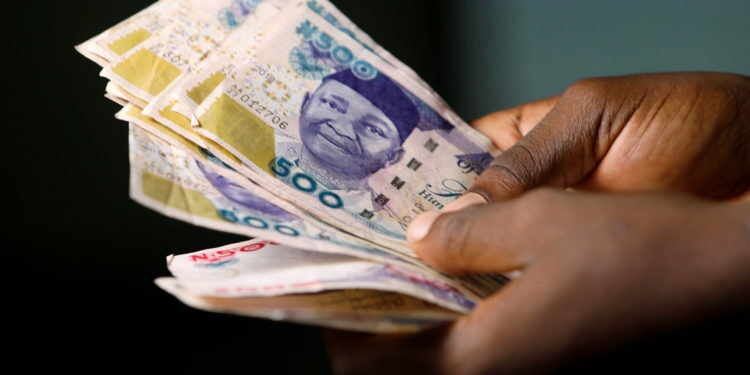
Judge John Inyang Okoro of the Supreme Court stated that Wednesday’s decision to suspend the deadline was unanimous, subject to a court challenge from three states that claimed the note swap plan was burdensome prior to the elections.
The Central Bank of Nigeria was advised to consider extending the deadline earlier on Wednesday due to the ramifications of the lack of new notes in a nation where many people lack bank accounts by the IMF’s resident representative in the country.
Since the announcement in October, almost 1.3 trillion naira ($2.8 billion) in old notes have been placed into the bank.
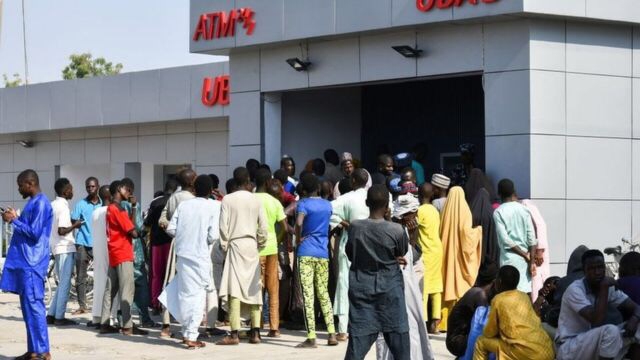
Some members of the ruling party have openly accused the central bank of a scheme to sway voters against Bola Tinubu, the party’s nominee for president.
Many voters, who claim that life is more difficult now than it was before Buhari took office in 2015, say that inflation and a struggling economy are major concerns.
Author-Roberta Appiah



